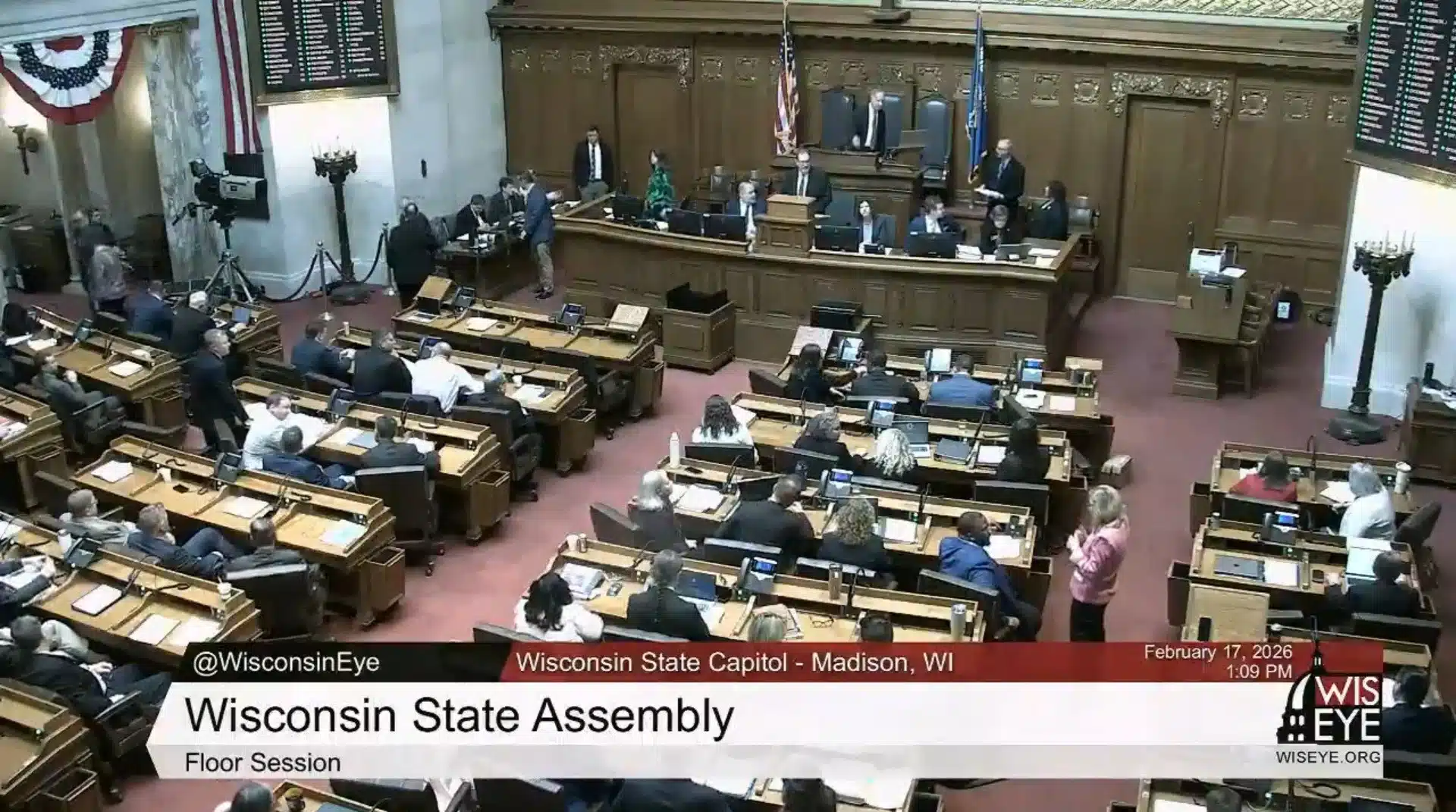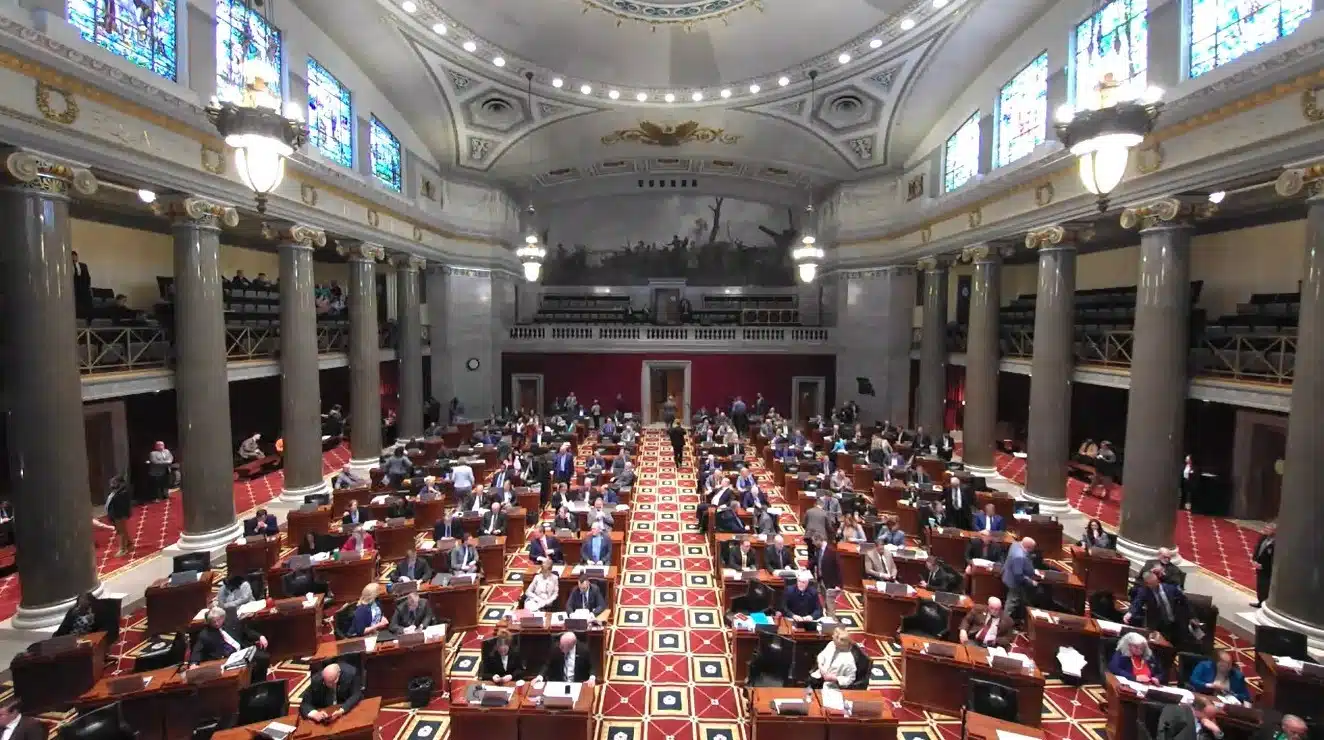

Antisemitism Controversies Prompt Calls for UK’s BBC Public Broadcaster to Adopt IHRA Definition
The BBC is being urged by UK politicians and Jewish organizations to adopt the International Holocaust Remembrance Alliance (IHRA) Working Definition of Antisemitism, amid ongoing controversies over the public broadcaster’s coverage of Jewish issues and Israel.
The UK’s Jewish Chronicle reported last week that British MPs Stephen Crabb and Robert Halfon had joined the Simon Wiesenthal Center, the Campaign Against Antisemitism, and Jewish Leadership Council in calling on the BBC to adopt the IHRA definition, widely viewed as the most authoritative, comprehensive, and representative tool to delineate all of the contemporary manifestations of Jew-hatred.
Furthermore, the Board of Deputies of British Jews demanded the BBC provide its staff with antisemitism awareness training.
Lord Eric Pickles — the UK’s Special Envoy for Post-Holocaust Issues and a Combat Antisemitism Movement (CAM) Advisory Board member — commented, “The U.K. expects the BBC to set an example in tackling antisemitism. It could do so by following other international and U.K. institutions adopting and implementing the IHRA modern definition on antisemitism. By doing so, it would strengthen and enhance the balance and impartiality of its reporting.”
A BBC spokesperson told The Jewish Chronicle, “Antisemitism is abhorrent. The BBC strives to serve the Jewish community and all communities across our country fairly with accurate and impartial reporting.”
The BBC, which has long been accused of bias against Jews and Israel, has most recently faced criticism for its coverage of an antisemitic incident on London’s Oxford Street during Hanukkah at the end of November.
A BBC report claimed the Jewish victims who were verbally harassed and threatened by a group of Muslim passersby had first provoked their assailants with an Islamophobic slur.
This has since been refuted by an independent report commissioned by the Board of Deputies.








